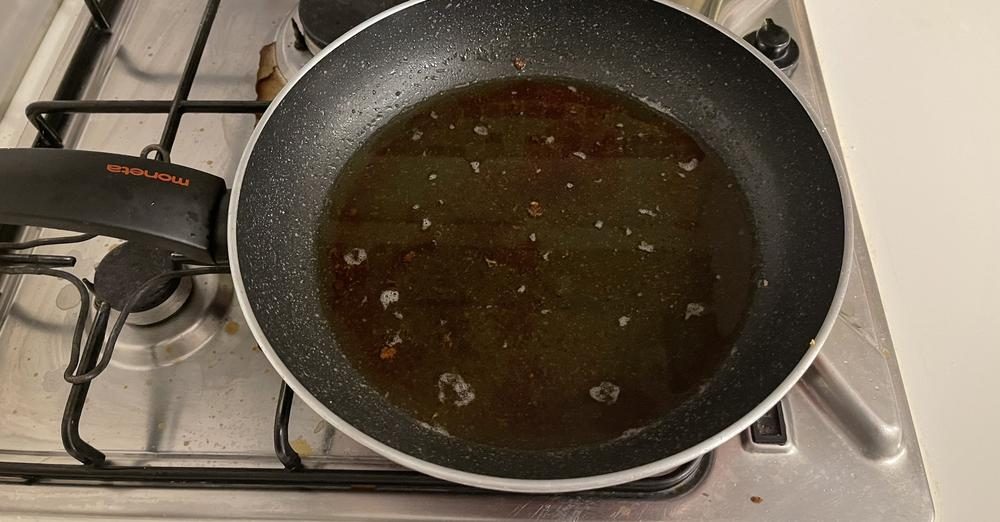Experts Say You Can Reuse Oil From Tuna Cans. Here’s Why
If you have been discarding tuna oil as soon as you remove the fish, you may want to have a rethink. It is common to hear that tuna oil may pose harm if ingested or that it may even be contaminated.
;Resize,width=742;)
If you have been discarding tuna oil as soon as you remove the fish, you may want to have a rethink. It is common to hear that tuna oil may pose harm if ingested or that it may even be contaminated. Experts counter this and attest to the fact that this leftover oil is not only safe for consumption, but it is also a rich source of beneficial compounds.
Expert research has proven that oil from canned tuna is good for you; research has confirmed. The research was recently conducted by the Experimental Station for the Food Preserves Industry (SSICA) of Parma, on behalf of the National Association of Fish and Tuna Conservers (ANCIT).
It included the analysis of olive oil present in 80 gram canned tuna samples ready for consumption. They were kept at three different temperatures (4 °, 20 °, and 37 °), while variations during a reference period of 13 months were observed.
Results showed that there were no negative alterations of the oil. Instead, the oil had an increased content of polyunsaturated fats, particularly compounds of acids Omega 3 fats (DHA) and Vitamin D (cholecalciferol), that are naturally not present in olive oil.

Thus, the oil maintained high profile characteristics in terms of tasting, aroma, flavor, and color because it was subjected to sterilization conditions that did not compromise its nutritional properties nor cause oxidation.
In other words, if you can't finish the tuna oil when eating the tuna, you can use it in other ways. Amazingly, this isn't limited to any particular dish; a dash of tuna oil in a pasta dish, marinated fish, or even stuffings will make them EXTRA tasty.
You definitely want to always have some on hand!
;Resize,width=767;)
;Resize,width=712;)
;Resize,width=712;)

